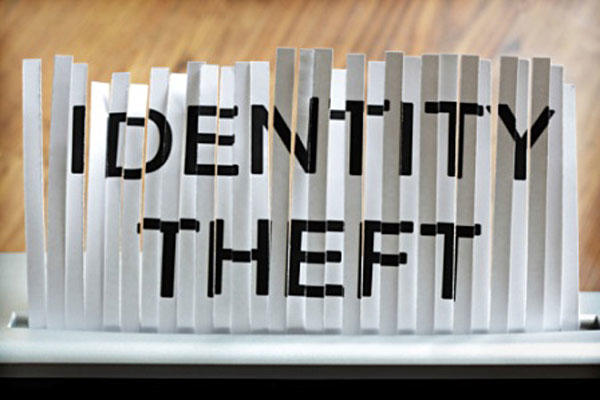There are a number of factors to consider when buying a new home: property value, neighborhood crime statistics, public school system quality, taxes and more. Now homebuyers can add another consideration to their list: the risk of identity theft during the process of looking for and buying a house.
A surprising 70 percent of mortgage companies use information-sharing practices that run the risk of exposing your data to cyber thieves, according to a survey conducted by cyber security firm HALOCK Security Labs.
Many companies permit applicants to send personal and financial information, including W-2s and tax documents, over unencrypted email as attachments, according to the survey. In addition, concerns arise regarding how personal information is handled in your real estate or mortgage professional's office, as well as the threat of fraudsters looking to prey on homebuyers.
Fortunately, there are ways for homebuyers to protect themselves -- and their identity -- during their search for a new home.
1. Ask Professionals If Their Communications Are Secure.
If your real estate or mortgage professional encourages you to send sensitive information over email, be sure the communications are secure and a reliable way to send documents is available. If you have doubts, drop your documents off in person. It may require a bit more effort, but could provide better peace of mind.
2. Ask Your Lender How He or She Will Handle Your Personal Info.
Don't be afraid to ask your lender how he or she will handle your personal info and what will happen to your info once your loan has been completed. Will documents be stored in a secure place? Will they be shredded if they are no longer needed? When you are meeting with professionals, also take note of how they keep their office to see if it seems organized and secure.
3. Inquire About Security Policies.
Do the professionals you're working with have strict policies in place regarding who is allowed to view your personal information? Also, is the building protected, in the effect that someone might try to break in? These are questions to consider when shopping around for help.
4. Seek Referrals.
Ask people you trust for referrals for real estate and mortgage professionals. Then, contact your state, county or city regulatory agencies to verify that their licenses are current. Also trust your instincts. If something is causing you to think twice, keep looking around until you're completely comfortable with the professionals that will guide you throughout your home search and purchase.
5. Use Identity Theft Protection or Credit Monitoring.
While identity theft protection and credit monitoring is always a wise choice, it's especially important if you're making a major transition, such as buying and moving into a new home. This type of service works behind the scenes to ensure identity theft isn't occurring and can promptly alert you if needed -- which is particularly useful when you're distracted with other tasks that accompany a major move.
6. Be Wary of Fraudsters.
Unfortunately, fraudsters often look to take advantage of those buying a home, and it's helpful to stay mindful of this threat. Take measures such as verifying that all of the personal information on a loan is accurate, that there are no blank spaces (which would enable a criminal to commit fraud) on the documents that you sign, and that information such as property value are in line with recent comparable sales in your neighborhood and tax assessments. Also stay on the look out for offers that seem too good to be true. If the offer is too enticing, that often signals a strategy used to lure you into a trap.
-- Renee Morad is a New Jersey-based freelance writer. Her work has been published in The New York Times, Smart Money Magazine, TheStreet.com, The National, Business Insider, The Huffington Post, MSN Money, Xfinity.com and other outlets. She was formerly a home page editor for Xfinity.com and a staff reporter for Smart Money Magazine.
-- LifeLock provides proactive identity theft protection services for consumers and identity risk and credit worthiness assessment for enterprises. Since its founding in 2005, LifeLock has been a pioneer in identity protection, leveraging unique data, science and patented technology and providing identity threat detection, proactive identity alerts, and comprehensive remediation services. For more information, visit Lifelock.




